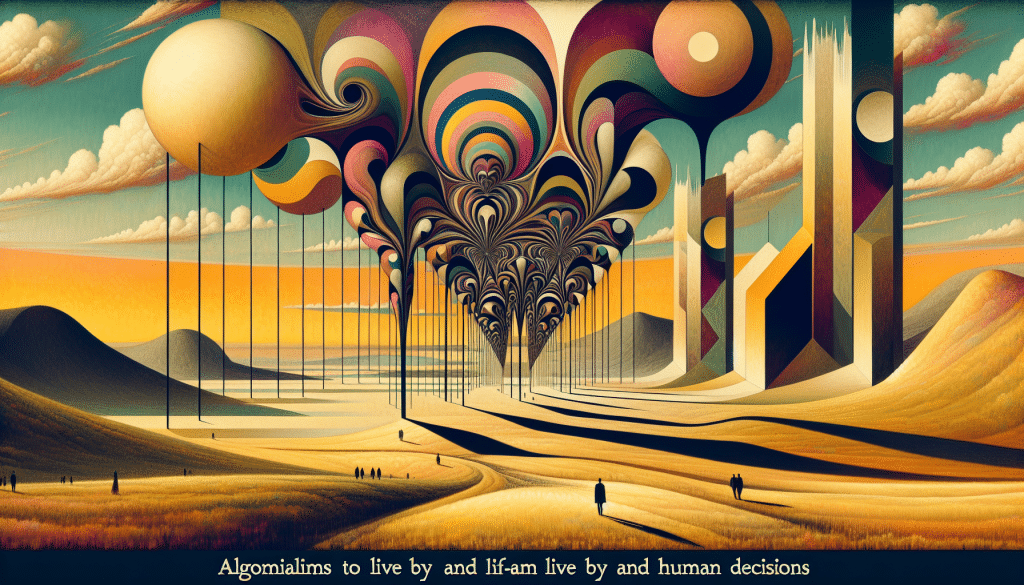Engineering and medical: what are the new challenges and frontiers?

In recent years, the intersection of engineering and medicine has seen significant advancements, leading to groundbreaking innovations that are revolutionizing healthcare. However, with these advancements come new challenges that must be addressed to continue pushing the boundaries of what is possible in both fields. This article will explore the emerging challenges in engineering and medicine, as well as the new frontiers of integration and innovation that are shaping the future of healthcare.
Emerging Challenges in Engineering and Medical Fields
One of the primary challenges facing the engineering and medical fields is the need for greater collaboration between professionals in both disciplines. As technology continues to play a larger role in healthcare, engineers and medical professionals must work together to ensure that new innovations are not only effective but also safe and user-friendly. This requires a deep understanding of both the technical aspects of engineering and the complexities of medical practice, making interdisciplinary collaboration essential.
Another challenge is the ethical considerations that come with the development and implementation of new medical technologies. As engineers create increasingly sophisticated devices and systems for use in healthcare, questions arise about patient privacy, data security, and the potential for misuse of these technologies. Balancing the benefits of new innovations with the ethical implications of their use requires careful consideration and oversight to ensure that the best interests of patients are always prioritized.
Furthermore, the rapid pace of technological advancement in both engineering and medicine means that professionals in these fields must constantly adapt and learn new skills to stay current. This presents a challenge for individuals and institutions alike, as the need for ongoing education and training becomes more pressing. Keeping up with the latest developments in technology and medical practice requires a commitment to lifelong learning and professional development, creating a demand for new educational programs and resources to support this continuous growth.
Exploring New Frontiers of Integration and Innovation
Despite these challenges, the integration of engineering and medicine offers exciting new frontiers for innovation in healthcare. From the development of personalized medical devices to the use of artificial intelligence in diagnostics and treatment planning, the possibilities for improving patient care are endless. By harnessing the power of technology and engineering expertise, medical professionals can tailor treatments to individual patients’ needs, leading to more effective and efficient healthcare outcomes.
One of the key frontiers of integration is the use of bioengineering to create new solutions for medical problems that were once thought to be untreatable. Advances in tissue engineering, regenerative medicine, and biocompatible materials are opening up new possibilities for repairing and replacing damaged tissues and organs. By combining engineering principles with biological knowledge, researchers and clinicians are pushing the boundaries of what is possible in healthcare, offering hope to patients with complex medical conditions.
Furthermore, the integration of data analytics and machine learning in healthcare is revolutionizing how medical professionals diagnose and treat patients. By analyzing vast amounts of patient data and identifying patterns and trends, artificial intelligence algorithms can help healthcare providers make more accurate and timely decisions, leading to improved patient outcomes. This fusion of engineering and medical expertise is driving innovation in healthcare delivery and management, paving the way for a more efficient and effective healthcare system.
As the fields of engineering and medicine continue to converge, the challenges and frontiers of this integration will shape the future of healthcare in profound ways. By addressing the emerging challenges through collaboration, ethical considerations, and ongoing education, professionals in both disciplines can work together to unlock the full potential of technology in improving patient care. Exploring new frontiers of integration and innovation offers endless possibilities for transforming healthcare delivery and outcomes, highlighting the importance of interdisciplinary cooperation and creativity in shaping the future of medicine.





















Responses